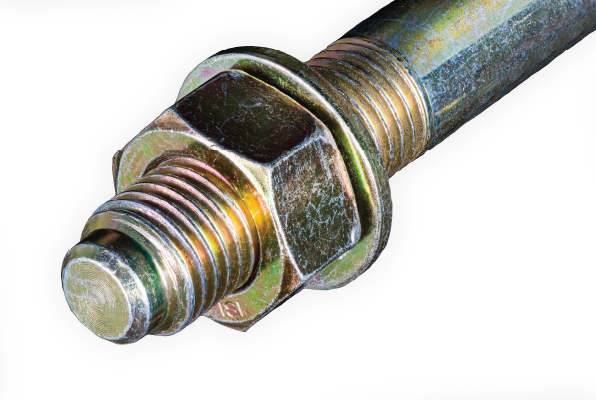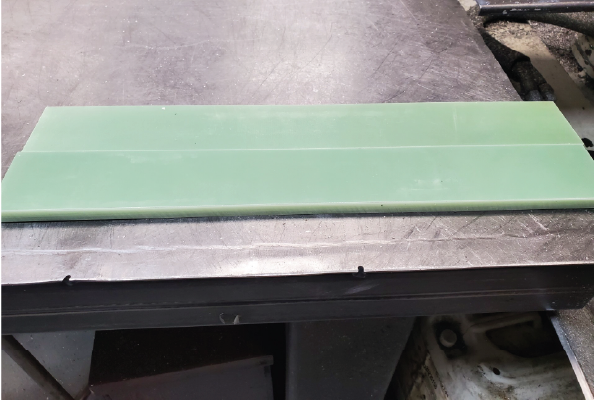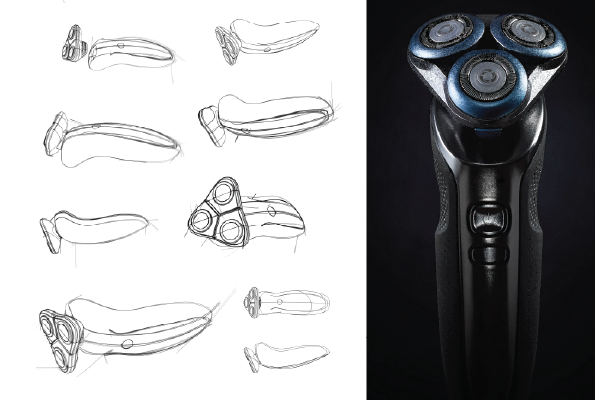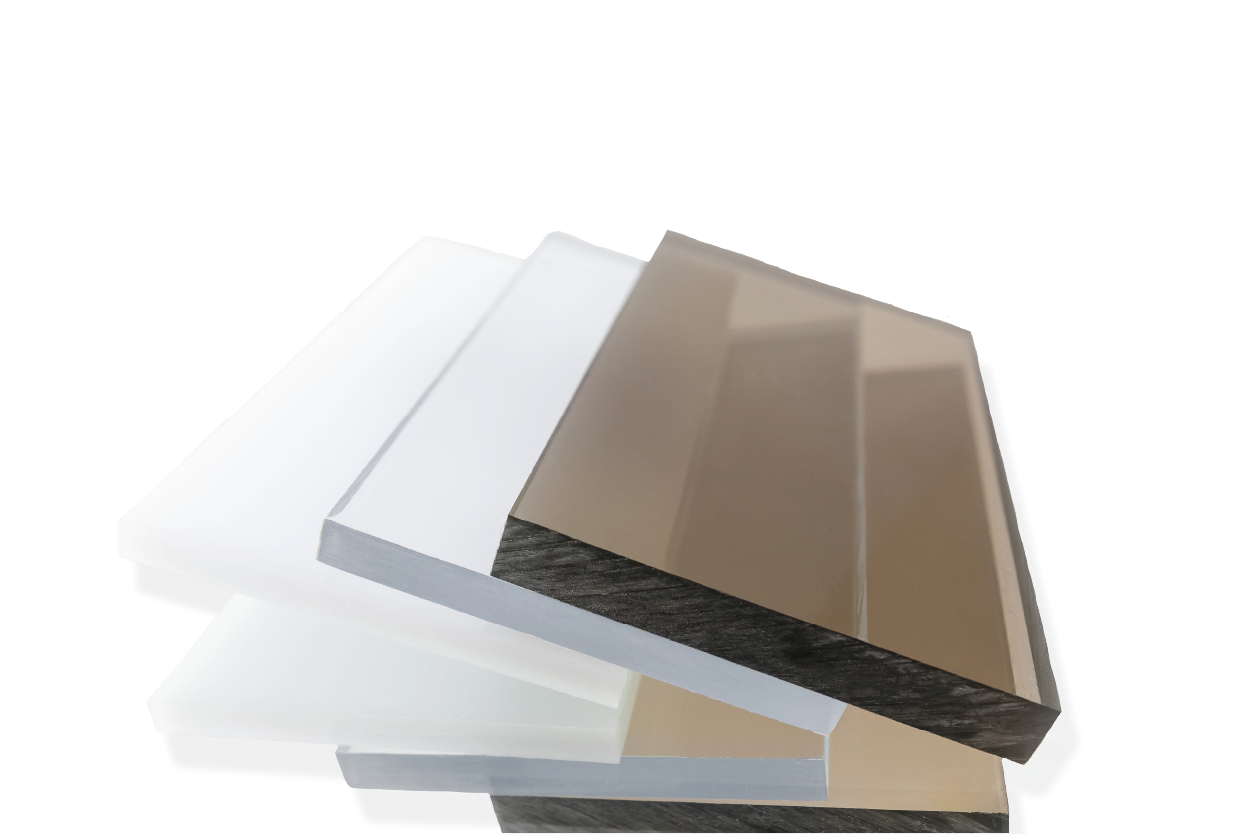
Impact resistance is a critical consideration for many manufacturing materials. It refers to a material’s ability to withstand sudden, high-force impacts without breaking or deforming. Parts and components that may experience impacts, collisions, or other sudden forces need sufficient resistance to impact to maintain structural integrity and performance. Understanding this property is critical when selecting suitable materials for applications like automotive, aerospace, industrial equipment, and consumer products.
What makes a material impact resistant?
Understanding this property also involves knowing what makes a material not impact-resistant. For instance, materials like glass or certain ceramics with a random or amorphous molecular structure are less impact-resistant than metals or engineered plastics with a more uniform and organized structure. Understanding the factors contributing to impact resistance is crucial for various applications, including automotive parts and industrial equipment. This understanding can significantly influence the choice of material for any project, ensuring that the selected material can withstand sudden impacts and maintain its structural integrity.
One fundamental property that determines a material’s impact resistance is its toughness. Specifically, toughness refers to a material’s ability to absorb energy before fracturing or breaking. Consequently, materials with high toughness—such as certain metals and engineering plastics—are better equipped to withstand sudden impacts and resist cracking or shattering.
Furthermore, a material’s molecular structure also plays a vital role in whether it’s impact-resistant. For instance, materials with a more uniform and organized molecular arrangement, like crystalline structures, tend to be more resistant to impacts than those with a random or amorphous structure. This structure is why tempered glass and specific ceramics exhibit impressive impact resistance.
In addition to toughness and molecular structure, a material’s tensile properties also play a significant role in its ability to absorb impacts. Ductile materials, like certain metals, can deform under stress without breaking, allowing them to absorb and distribute the energy from an impact throughout the material. This ability to deform without breaking is a crucial aspect of tensile properties that enhances impact resistance.
At Prototek, our team of experts, with extensive knowledge and capabilities, is ready to assist you in selecting the appropriate material for your application. We carefully consider the specific impact resistance requirements to ensure you make the best choice. Whether you are working on designing a new product or need to replace a critical component, Prototek has the expertise to ensure your project’s success.
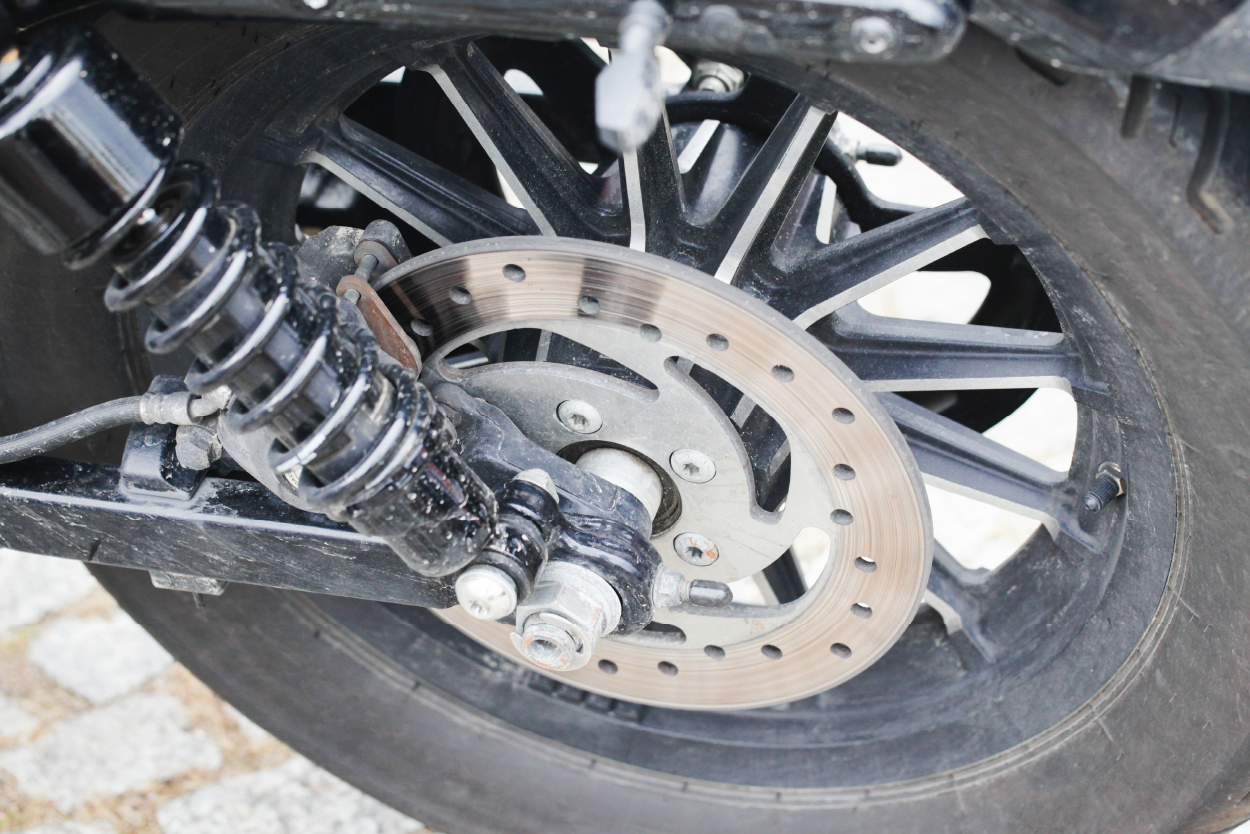
Materials with Impact Resistance Properties
Metals such as steel, aluminum, and titanium are well-known for their excellent resistance to impact, making them highly sought after in various industries. These metals exhibit remarkable strength and withstand significant force without deforming or breaking. Similarly, engineered plastics, including polycarbonate, nylon, and ABS, also demonstrate impressive impact strength, making them ideal for applications with critical durability and resilience.
Moreover, composite materials reinforced with fibers like carbon, glass, or aramid can provide exceptional levels of impact resistance. They offer a combination of lightweight characteristics and superior toughness. Making them particularly valuable in the aerospace and automotive industries, where the ability to endure high-impact forces is crucial.
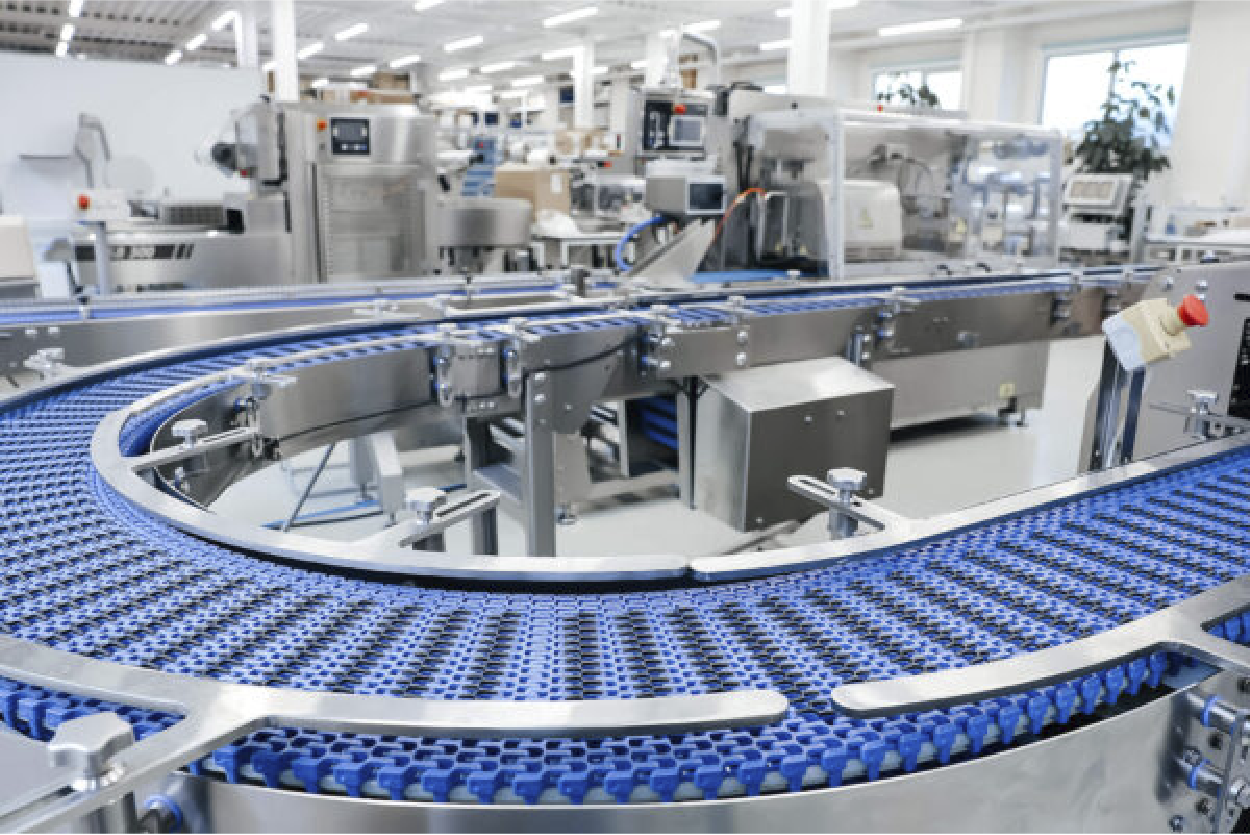
What types of finishes can increase impact resistance?
Powder coating, chrome plating, and anodizing are highly effective finishes that significantly enhance a part or component’s impact resistance. These unique surface treatments create a durable and protective layer and improve the part’s overall performance in demanding environments. By applying these finishes, manufacturers can ensure that components have an increased ability to withstand various forms of impact and abrasion over time.
Choosing the right finish for your specific application is an important consideration. It is essential to assess the conditions in which the exposure of the part to harsh conditions and the types of stresses it may encounter. This thoughtful selection process can help you achieve optimal performance, durability, and longevity for your components, ultimately leading to increased reliability and reduced maintenance costs in the long run.
When does it make sense to use materials with impact resistance?
Materials with impact resistance are versatile and find applications in various industries. They are often used in products or components liable to sudden, high-force impacts or collisions, including automotive parts, sporting equipment, industrial machinery, and consumer electronics. Using impact-resistant materials can help prevent damage, maintain structural integrity, and ensure the safety and reliability of the final product.
Are you ready to start your project?
FAQs
It refers to a material’s ability to withstand sudden, high-force impacts without breaking or deforming excessively. This property is crucial for many industrial applications.
This property is crucial in manufacturing as it ensures the durability and longevity of products. By designing components with high-impact resistance, we can create reliable and long-lasting solutions that withstand the rigors of everyday use, providing value and peace of mind to our customers.
Resistance to impact is indeed a key mechanical property. It measures a material’s ability to withstand sudden, high-force impacts without fracturing or deforming, which is crucial for many industrial applications.

